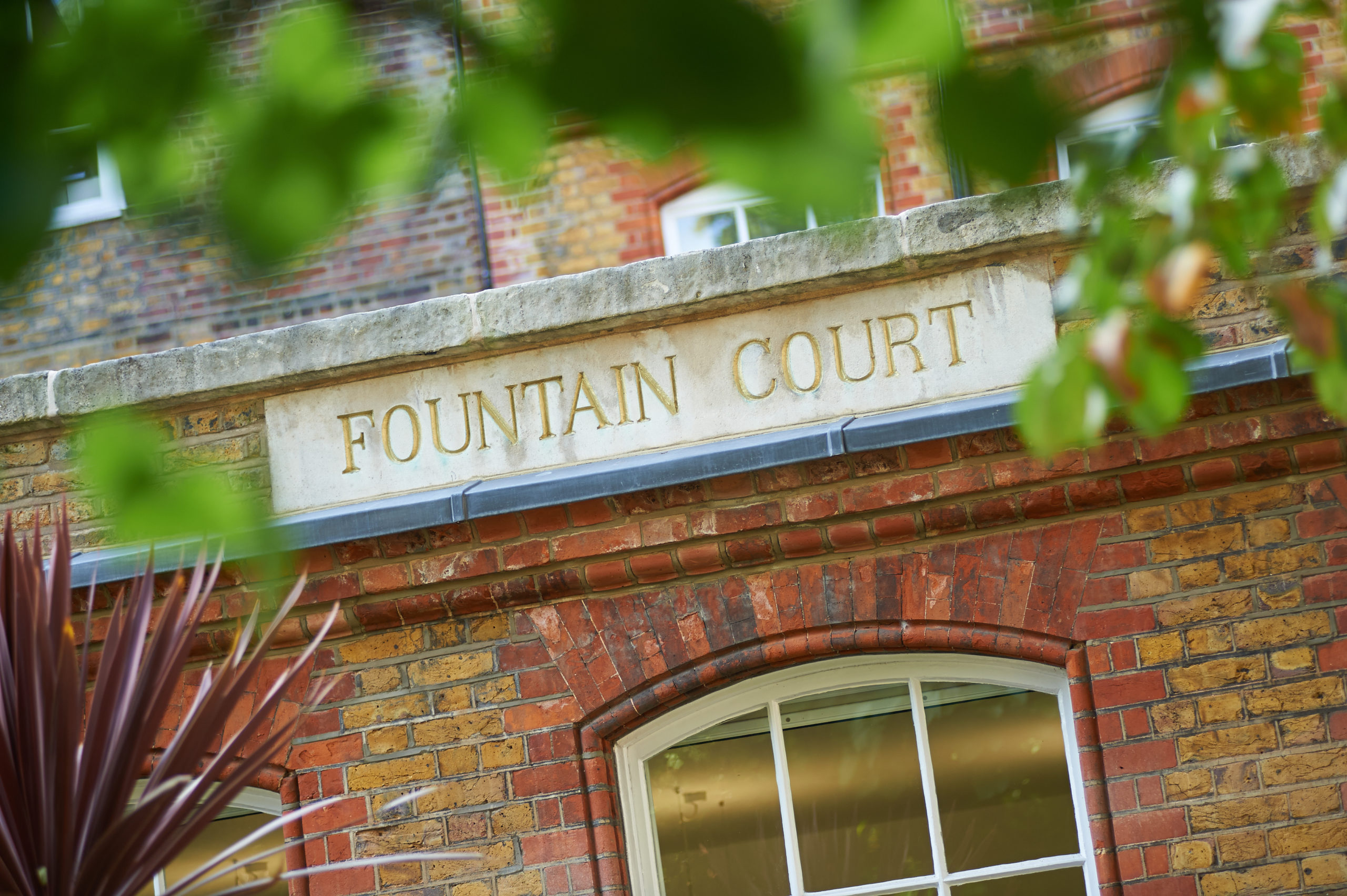
Richard Lissack QC and Leonora Sagan, together with Teresa Rosen Peacocke of Outer Temple Chambers, acted for the successful Appellants in a case of real legal significance to the arbitration community. Counsel were instructed by Ronald Minkoff of Frankfurt Kurnit Kelin and Selz PC (New York) and Sinead O’Callaghan of Cooke Young and Keidan (London).
The Court of Appeal (Flaux, Newey and Males LJJ) today handed down judgment in an area described as one of “long standing controversy”, addressing the question of whether section 44 of the Arbitration Act 1996 gives the Court jurisdiction to make orders against a non-party to the underlying arbitration.
Answering the key question in the case in favour of the Appellants, the Court of Appeal held that section 44(2)(a), which provides for the Court’s powers in respect of “the taking of evidence of witnesses” does give the Court power to order the deposition of a non-party witness in England, in support of an arbitration seated in and being conducted in a foreign jurisdiction, in this case in New York.
In deciding the scope of s.44(2)(a) the Court chose not to address the broader question as to whether other subsections of section 44 similarly allow for non-party orders. It therefore left open the question as to whether the two decisions which Foxton J had relied upon at first instance, Cruz City Mauritius Holdings v Unitech Limited [2014] EWHC 3704 (Comm) and DTEK Trading SA v Morozov [2017] EWHC 1704 (Comm) had been correctly decided.
The background
The Appellants and the First and Second Respondents are arbitrating a dispute in New York arising out of the development of an oil field in Central Asia. A key issue is whether certain payments made by the Respondents amounted to bribes. The Third Respondent, resident in England, was the lead negotiator for the First and Second Respondents in connection with those payments, but was unwilling to give evidence to the tribunal.
The tribunal gave the Appellants permission to make an application to the English Court to compel the Third Respondent’s testimony by deposition under section 44(2)(a) Arbitration Act 1996 and CPR 34.8. The Third Respondent opposed the application on the basis that section 44 does not give the Court jurisdiction to make orders against non-parties to the arbitration agreement.
At first instance, Foxton J followed the analysis in Cruz and DTek and held that section 44 did not give the Court jurisdiction to make orders against non-parties. Recognising “considerable force” in arguments to the contrary however, the judge granted the Appellants permission to appeal.
The significance of the case
The case is important for two reasons.
First, the Court of Appeal’s readiness to interpret section 44(2)(a) broadly means that those involved in foreign arbitrations can now seek the support of the English courts in obtaining testimony from a non-party witness present in England where the tribunal is otherwise powerless to compel that witness’s attendance.
Secondly, the Judgment gives arbitration practitioners reason to think that despite Cruz and DTek, the correct interpretation of section 44 as a whole as regards non-parties is a question the Court of Appeal is willing to revisit. Indeed, the Court’s conclusion on s.44(2)(a), reached by construing section 44 as a whole, suggests that a broader construction may yet be applied to other subsections, allowing for injunctions and other interim relief to be ordered against non-parties in support of arbitrations, even where seated or conducted abroad.
The judgment of the Court of Appeal is available here.
FOR A MORE DETAILED ANALYSIS OF THE SIGNIFICANCE OF THIS MATTER, PLEASE CLICK HERE.




